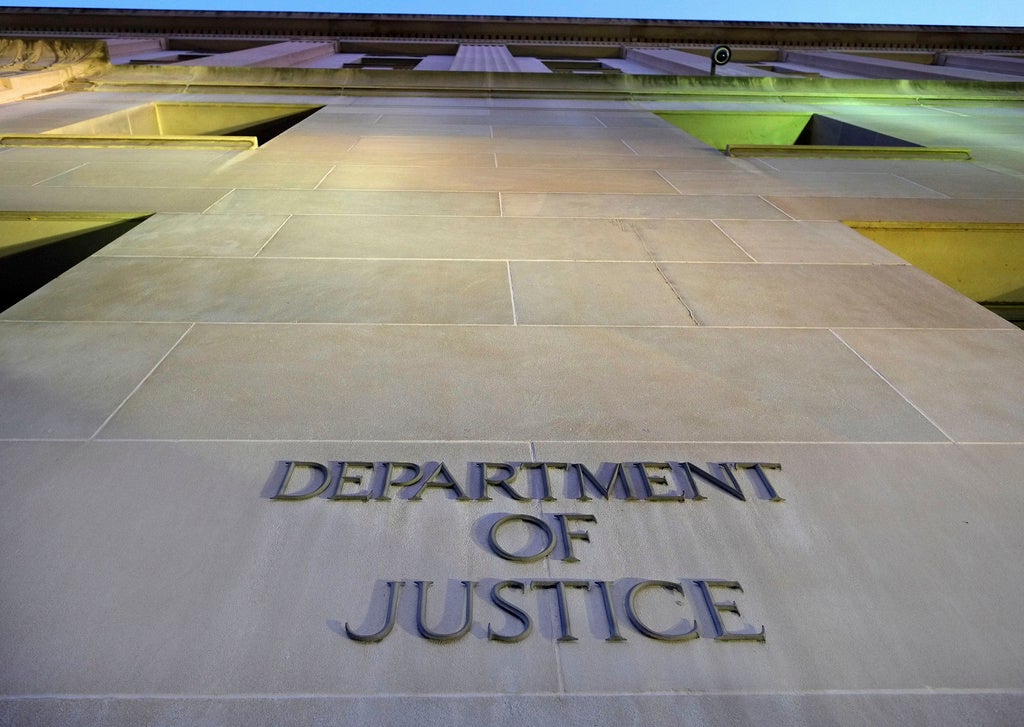A woman who was repeatedly sexually assaulted by her basketball coach as a teenager cannot sue the athletic organization he was employed by for failing to protect her, the Wisconsin Supreme Court ruled Wednesday.
The court’s conservative majority overturned a lower court ruling that said the lawsuit against Amateur Athletic Union (AAU) was allowed under state law that gives victims of child sexual assault until they are 35 years old to sue their abusers or a religious institution if their abuser was a clergy member. The court found that the woman had missed the opportunity to sue under Wisconsin’s statute of limitations.
Wisconsin Public Radio is not naming the woman because she is a victim of sexual assault.
News with a little more humanity
WPR’s “Wisconsin Today” newsletter keeps you connected to the state you love without feeling overwhelmed. No paywall. No agenda. No corporate filter.
The woman was a member of the AAU-affiliated Madison Spartans Youth Basketball Club between 1997 and 2000.
During that time, her adult coach, Shelton Kingcade, sexually assaulted her on multiple occasions, including in hotel rooms when they attended basketball tournaments in Wisconsin and Minnesota which were sanctioned and organized by AAU, according to a criminal complaint.
The assaults occurred over several years when the woman was between 13- to 16-years-old.
Kingcade was convicted in 2016 of repeated sexual assault of a child and sexually assaulting another woman who was also a teen at the time. He was sentenced to 13 years in prison.
In 2019, the woman sued AAU, alleging the group had negligently hired and supervised Kingcade.
Kingcade was previously arrested and convicted of second-degree sexual assault of a minor in 1990 and again arrested but not convicted of the same offense in 1992, according to the lawsuit. The woman alleges Kingcade’s supervisor was aware of the conviction, and that “AAU was aware or should have been aware that Kingcade was convicted of Second-Degree Sexual Assault of a Minor in 1990.”
AAU filed a motion to dismiss based on Wisconsin’s three-year statute of limitations law, but the woman’s attorneys argued the statute was inapplicable and she could file the lawsuit before she turned 35.
Dane County Judge Rhonda Lanford dismissed the case, saying the woman had only until she turned 20 to sue the athletic union for negligence after the assault. A state Court of Appeals overturned the ruling in July.
The Supreme Court reinstated Lanford’s ruling because the woman wasn’t suing a religious organization or the person who abused her.
Chief Justice Annette Ziegler wrote that because the woman was seeking damages for negligence in hiring and supervising Kingcade, the lawsuit was subject to the three-year statute of limitations.
If the woman had sought to recover damages for injuries concerning the sexual assault of children, the law allowing her to file her lawsuit before turning 35 would have applied, Ziegler wrote.
“We conclude that (the woman’s) claim against AAU does not qualify as ‘(a)n action to recover damages for injury caused by an (enumerated) act,’” Ziegler wrote. “The governing statute of limitations is instead the three-year period. Accordingly, (the woman’s) claim is time-barred.”
Justice Jill Karofsky wrote the dissent, saying the court’s conservative majority “misread” and “twisted” state statutes into saying AAU was required to have caused the woman’s injuries in order for her to receive damages.
“This case demands that we answer a straightforward question: Is (the woman’s) action against the Amateur Athletic Union (AAU) an ‘action to recover damages for injury caused by an act that would constitute a violation of’ an enumerated child sexual assault statute? I would answer this question with a resounding ‘yes,’” Karofsky wrote.
Wisconsin Public Radio, © Copyright 2025, Board of Regents of the University of Wisconsin System and Wisconsin Educational Communications Board.







